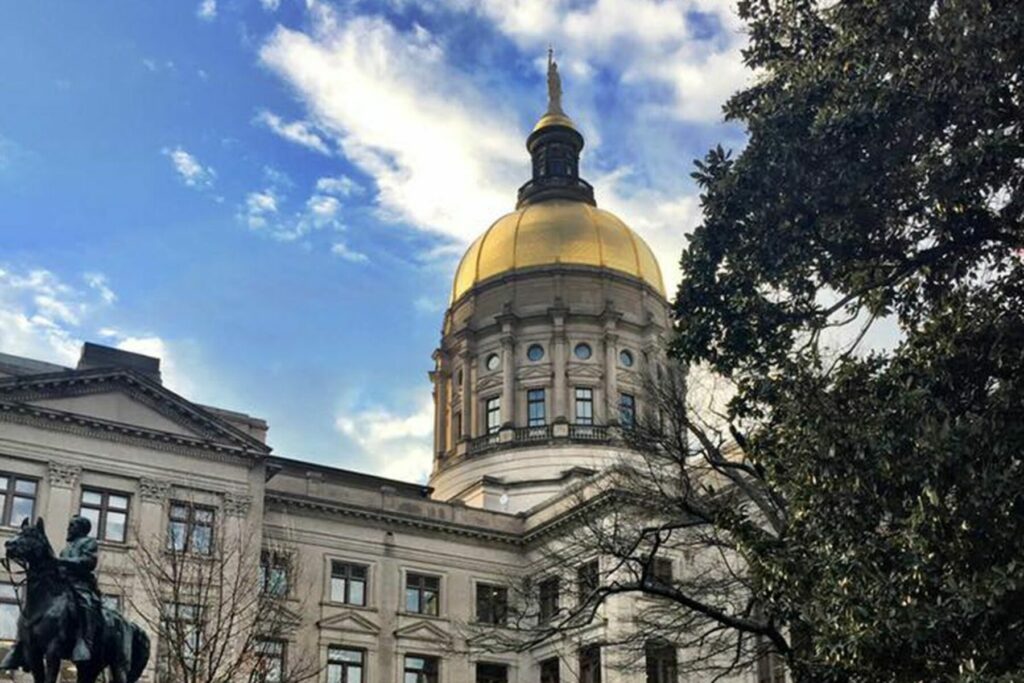
ATLANTA – The Georgia Senate unanimously passed Gov. Brian Kemp’s $27.2 billion fiscal 2022 budget Tuesday, setting the stage for negotiations with the state House of Representatives on a final version of the spending plan.
Senators supported the budget’s emphasis on education and health care.
With state tax revenues coming in stronger than expected despite the pandemic, the budget would restore 60% of the “austerity” cuts to Georgia public schools the legislature made at the height of the COVID-19 outbreak last year.
Thanks to the American Rescue Plan Congress passed earlier this month, Georgia schools soon will receive $4.2 billion in federal funds, Senate Appropriations Committee Chairman Blake Tillery told his Senate colleagues.
“That more than wipes out any reductions we’ve made during the pandemic,” said Tillery, R-Vidalia. “Our school systems are going to more than adequately be made whole.”
The Senate also supported the House in adding about $40 million to Kemp’s original budget plan for mental health services.
The Senate budget also includes pay raises to help retain employees in state agencies that have been hit with a lot of turnover, including the departments of Agriculture, Banking and Finance, Driver Services, Corrections and Juvenile Justice.
Senators agreed with the governor’s recommendation for $39.5 million for a new Rural Innovation Fund to help local elected officials and economic development leaders create jobs.
“It would help spread jobs in rural communities,” Tillery said.
But Sen. Jen Jordan, D-Atlanta, objected to putting such a large allocation under the governor’s control without input from the General Assembly.
“It has been referred to as the ‘governor’s slush fund,’ ” she said. “There are no parameters on how that money can be spent.”
Tillery responded that how the fund is allocated would be determined by a governing board that includes legislative leaders.
Jordan also complained that Kemp and legislative leaders are not willing to take up the federal government’s offer through the American Rescue Plan to fund Medicaid expansion in Georgia.
Expanding Medicaid coverage in Georgia has been a sore spot between Republicans and Democrats since Congress passed the Affordable Care Act in 2010. Democrats say the state is missing a chance to provide health coverage to an additional 500,000 uninsured Georgians, while Republicans say it would cost the state too much.
In a new wrinkle to the debate, the American Rescue Plan offers to increase the federal match to the 12 states yet to expand Medicaid from 57% to 72% for the next two years.
“What an opportunity!” Jordan declared from the Senate floor. “That’s what we should be doing, not allocating $40 million for a slush fund for the governor.”
The Senate budget acknowledges that the state government will receive nearly $4.7 billion from the American Rescue Plan.
Language senators added to the budget indicates the state should spend that money to respond to the health and economic crises sparked by the pandemic, provide pay raises to essential workers, backfill revenue reductions and invest in water, sewer and broadband projects.
A joint House-Senate conference committee will work out the two chambers’ differences on the budget and hammer out a final spending plan to present next week during the last days of this year’s legislative session.